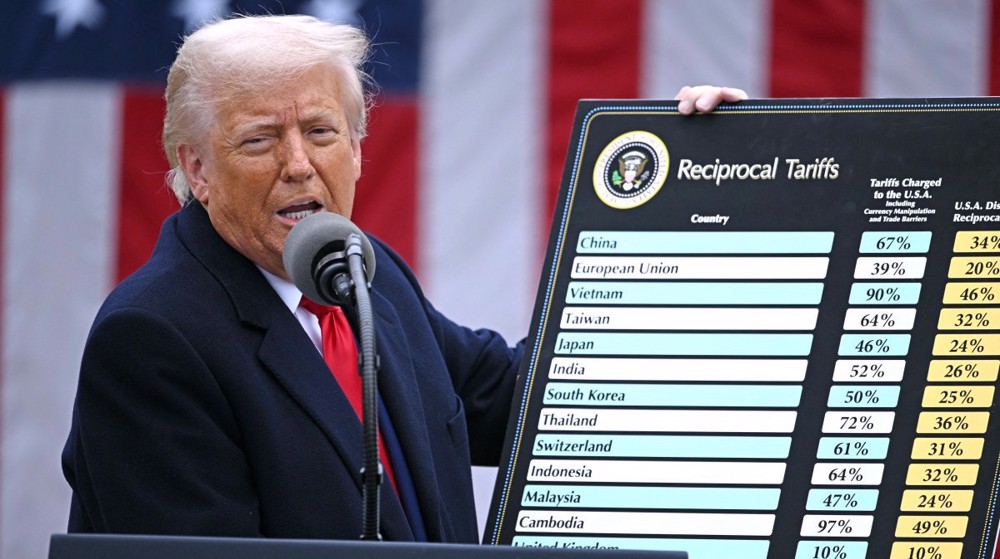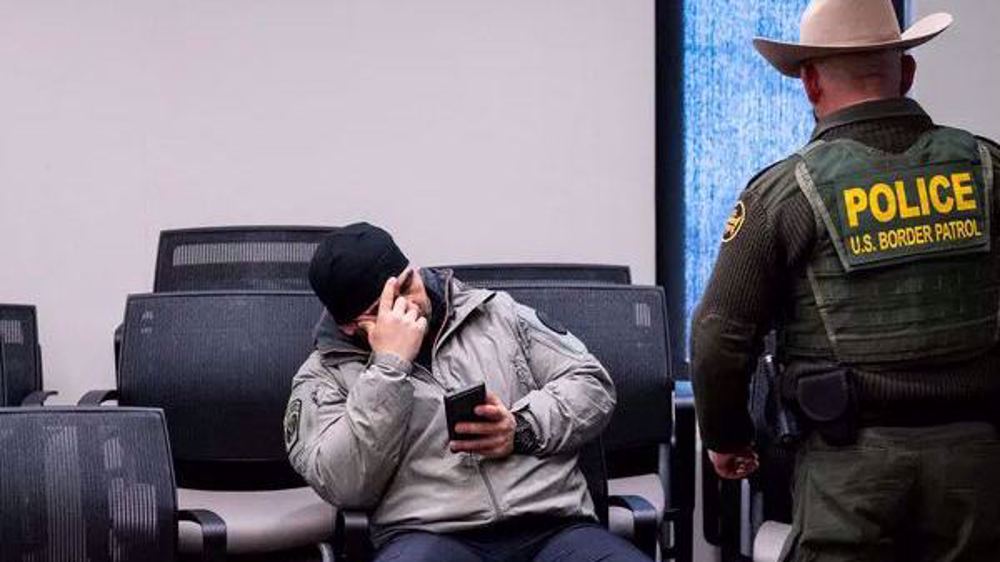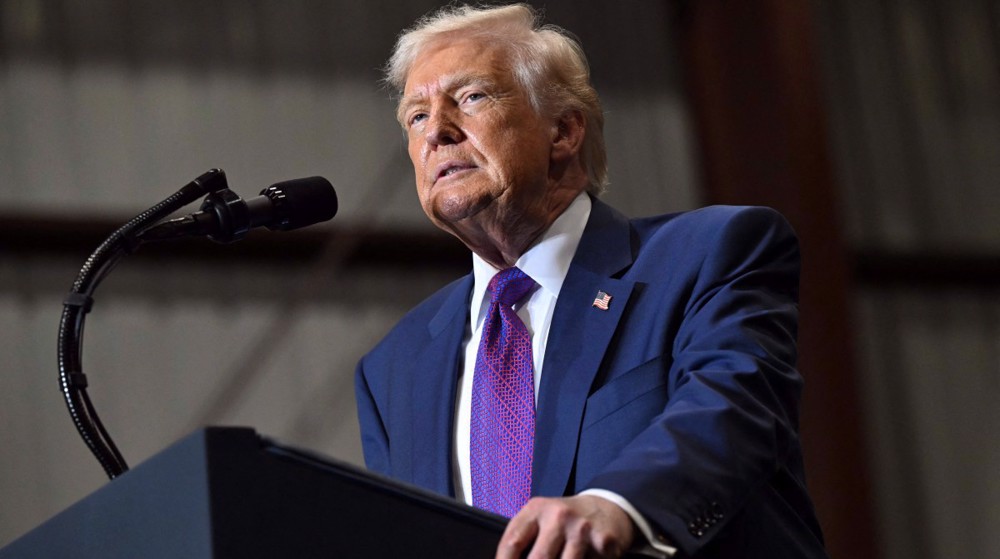Sheikh Nimr’s brother blames Obama for execution
The brother of prominent Shia cleric Sheikh Nimr Baqir al-Nimr has blamed US President Barack Obama for failing to prevent his brother’s execution by Saudi Arabia, which has set off worldwide protests.
“I am sorry to say that the American government did not offer to make any efforts on this, although they knew the danger of this action and the repercussions,” Mohammed al-Nimr said in an interview with Yahoo News.
“We asked very clearly for the American president to intervene as a friend of Saudi Arabia — and the Americans did not intervene,” he said in a telephone interview from al-Awamiyah, a village situated in the Qatif region in Saudi Arabia’s Eastern Province.
The Saudi regime said Saturday it had executed Sheikh Nimr along with 46 others, causing international outrage and a serious escalation of diplomatic tensions in the region.
Sheikh Nimr, a critic of the Riyadh regime, was shot by Saudi police and arrested in 2012 in Qatif, which was the scene of peaceful anti-regime demonstrations at the time.
Mohammed al-Nimr said he personally asked officials at the US consulate in Dhahran, Saudi Arabia, to urge the American president to speak out forcefully against his brother’s death sentence, but “the Americans did not issue such a statement.”
“They limited themselves to general statements from the State Department,” he said.
At a US State Department press briefing on Monday, chief spokesman John Kirby told reporters, “We’ve been very clear about our concerns about the legal process in Saudi Arabia. It’s something that we have talked to Saudi officials about before. We all continue to do so.”
Mohammed al-Nimr’s own son, Ali Mohammed Baqir al-Nimr, has also been sentenced to death over his alleged role in anti-regime protests in 2012, when he was 17 years old.
Mohammed al-Nimr said that, in the aftermath of his brother’s execution, he is now increasingly concerned that his son will also be put to death.
“Our fears were great, but now our fears are greater,” he said. “We don’t trust promises anymore. This issue needs political energy from the friends of Saudi Arabia.”

Obama administration officials have privately acknowledged that Saudi Arabia’s mass executions and other human rights abuses, including reported widespread civilian casualties from its military intervention in Yemen, have raised difficult diplomatic issues.
But the intensity of the response to the execution of Sheikh Nimr, a widely respected cleric, appears to have caught the White House off-guard. “They were blindsided,” said Ali al-Ahmed, director of the Washington DC-based Institute for [Persian] Gulf Affairs and a frequent critic of the Saudi human rights record.
“This is a huge problem that will hurt the United States. I think they failed to understand that this is an issue that is not going to go away,” he said.
Mohammed al-Nimr said his brother’s case “was a political problem (for the Saudi regime), it was not a security problem.”
Many of the others executed over the weekend were in fact associated with al-Qaeda, he said. “Their hands were tainted with blood and they deserved the punishment,” he said. “But this mixing of the names together — the whole world noticed this.”
VIDEO | UK court frees remaining jailed members of Palestine Action
VIDEO | Former prince Andrew arrested by British police
VIDEO | Backlash mounts as Pakistan joins US-led Gaza ‘Board of Peace’
Saudi-Greece fiber optic project to pass through Syria instead of occupied territories: Report
Israel steps up bloodshed in Lebanon
US lawmakers move towards vote on limiting Trump’s Iran strike authority
VIDEO | Hebrew media talk ‘Board of Peace,’ ceasefire, anti-Iran rhetoric, tensions surrounding Lebanon
VIDEO | Rising tensions in West Asia















 This makes it easy to access the Press TV website
This makes it easy to access the Press TV website